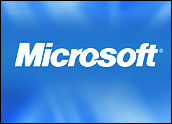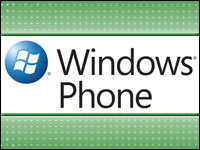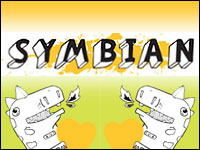
Web content aggregator Digg and Microsoft announced a deal in which Microsoft will be the exclusive provider of display and contextual advertising on the Digg site.
The three-year agreement will allow Digg to focus less on advertising infrastructure and more on pursuing innovation, said Digg CEO Jay Adelson.
The deal means a lot in the online advertising world — and not just because Digg passed up a chance to work with Google, Yankee Group director of consumer research Anette Schaefer told E-Commerce Times. Microsoft gets the opportunity to be a serious player in the online advertising space.
“These two companies are playing Monopoly using the world as a board, and Microsoft is the old master that has been getting its butt kicked by Google, the new player,” Rob Enderle, principal analyst with Enderle Group, told E-Commerce Times. “Both companies have strong skill sets that likely will turn this fight into an historic event. The winner will be the company that generates the most revenue for its partners.”
One David, Two Goliaths
Digg may be a relative newcomer to the online content aggregation space, but it is seeing exponential growth. It is one of the fastest growing sites on the Web, said Steve Berkowitz, senior vice president of the online service group at Microsoft.
Thus, the situation presents a kind of David-and-Goliath situation, said Schaefer. However, while Digg may have slain one Goliath in turning its back on Google, it has hooked up with another giant in Microsoft. Thus, sites like Digg have become the ground on which the online advertising battles will be fought.
Noticing the Sea Change
In general, however, those who browse and read Web content are not particularly interested in or concerned with how ads reach them. That situation will remain the same for the time being, predicted Enderle. In the short term, users of the Digg sites likely will not even notice that a sea change is taking place under the pages they read.
However, “the war between Google and Microsoft is heating up,” Enderle noted. “Microsoft has finally realized where Google is going and that if Google is successful, they will own the advertising revenue stream.”
When Software as a Service is the standard, that situation could “have Microsoft effectively working for Google,” he noted.
Nature of the Beast
As a site based on user input, Digg faces a variety of challenges regarding online advertising. User-generated content is the site’s strong suit, according to Berkowitz. Those users make their mark not just looking at, but by rating and ranking articles on the Web. News publishers, bloggers and even corporate public relations teams are fair game for readers who either like or don’t like what they see.
Digg is banking on the fact that its users will appreciate a more sophisticated approach to online advertising. Therefore, the companies have agreed to work together on future technology and advertising initiatives in addition to Microsoft serving up Digg’s current ads.
This is where improved targeting and integration technology will give whichever company delivers it first the edge, said Enderle.
“We will see a lot of technology advancement here, and you may want to start locking up your wallet so you still have money at the end of any given week,” Enderle said, only half-jokingly. “If you get more ads for products you actually are interested in, you’ll likely be happier — at least until you go broke.”
Microsoft and Federated Media Publishing, Digg’s current advertising partner, plan to bring integrated programs to Digg’s users and advertisers, according to the companies. The companies expect to begin execution of the agreement in the coming weeks.












































Social Media
See all Social Media